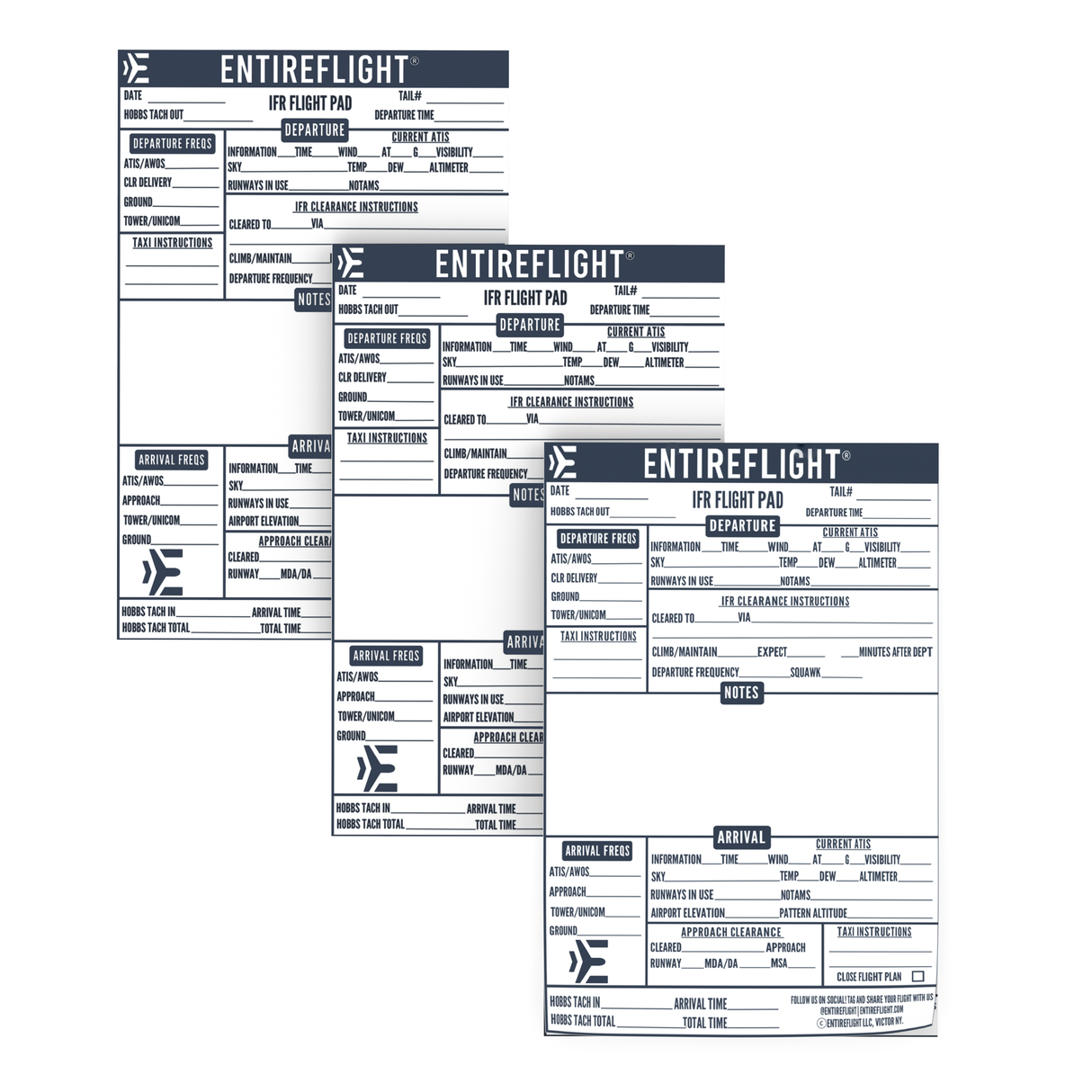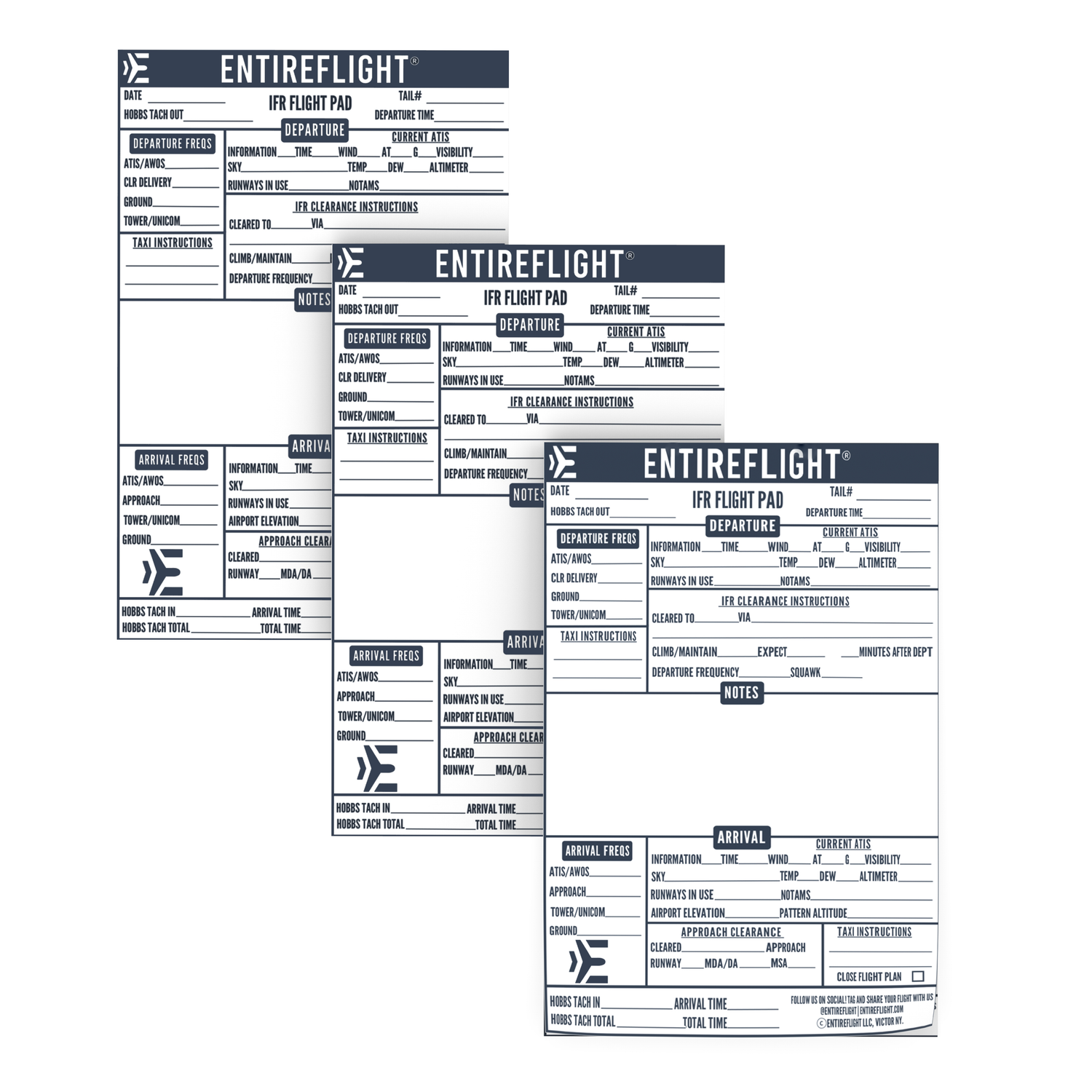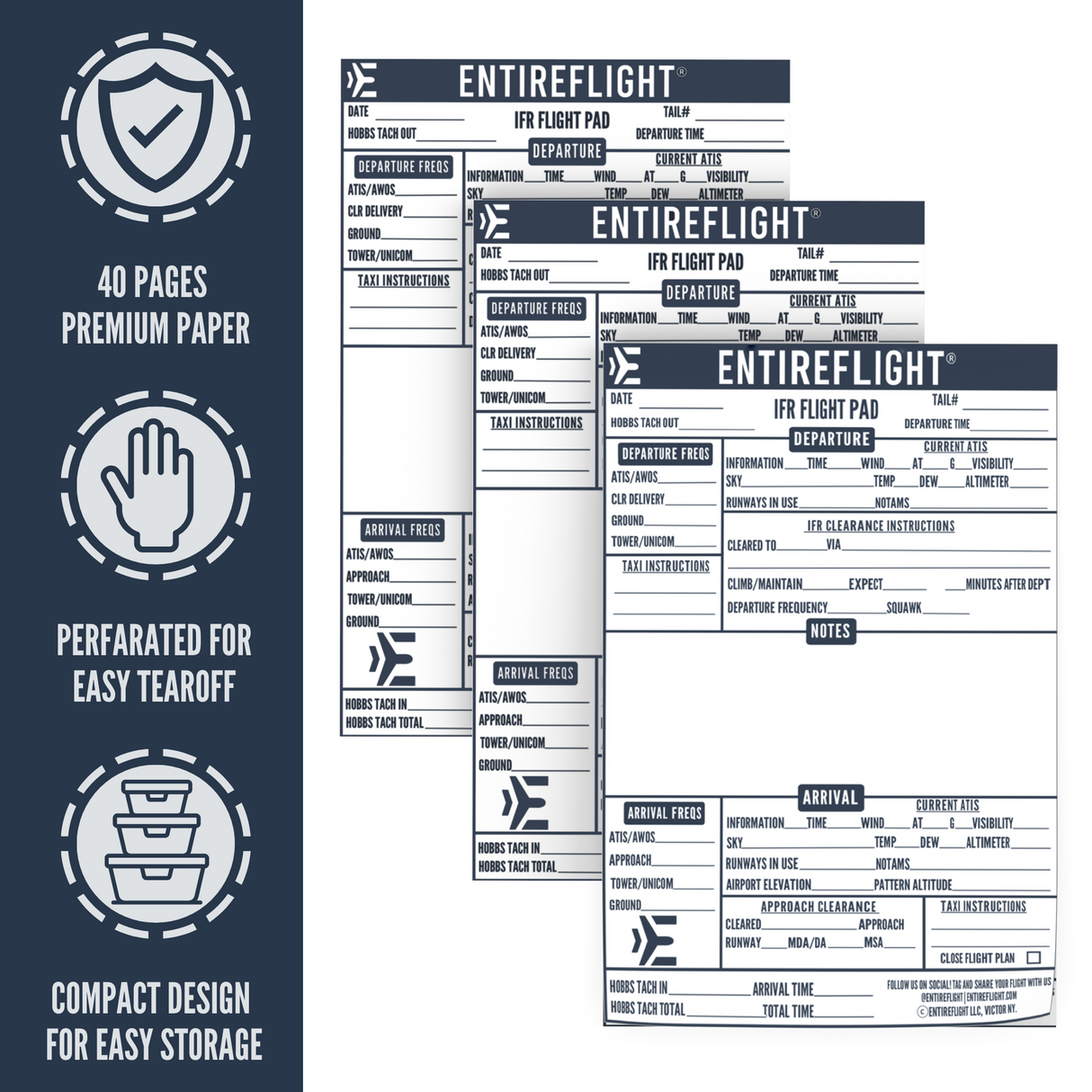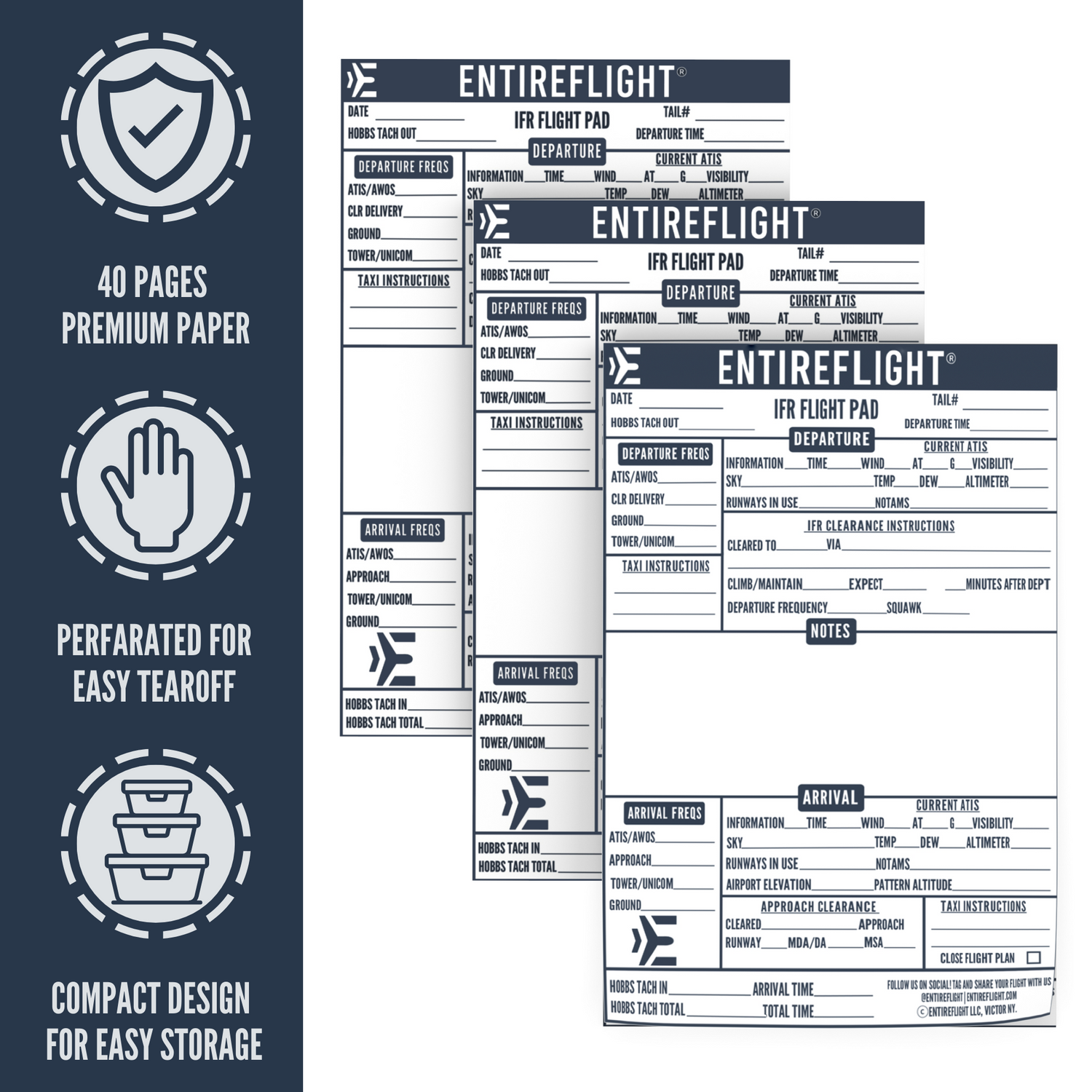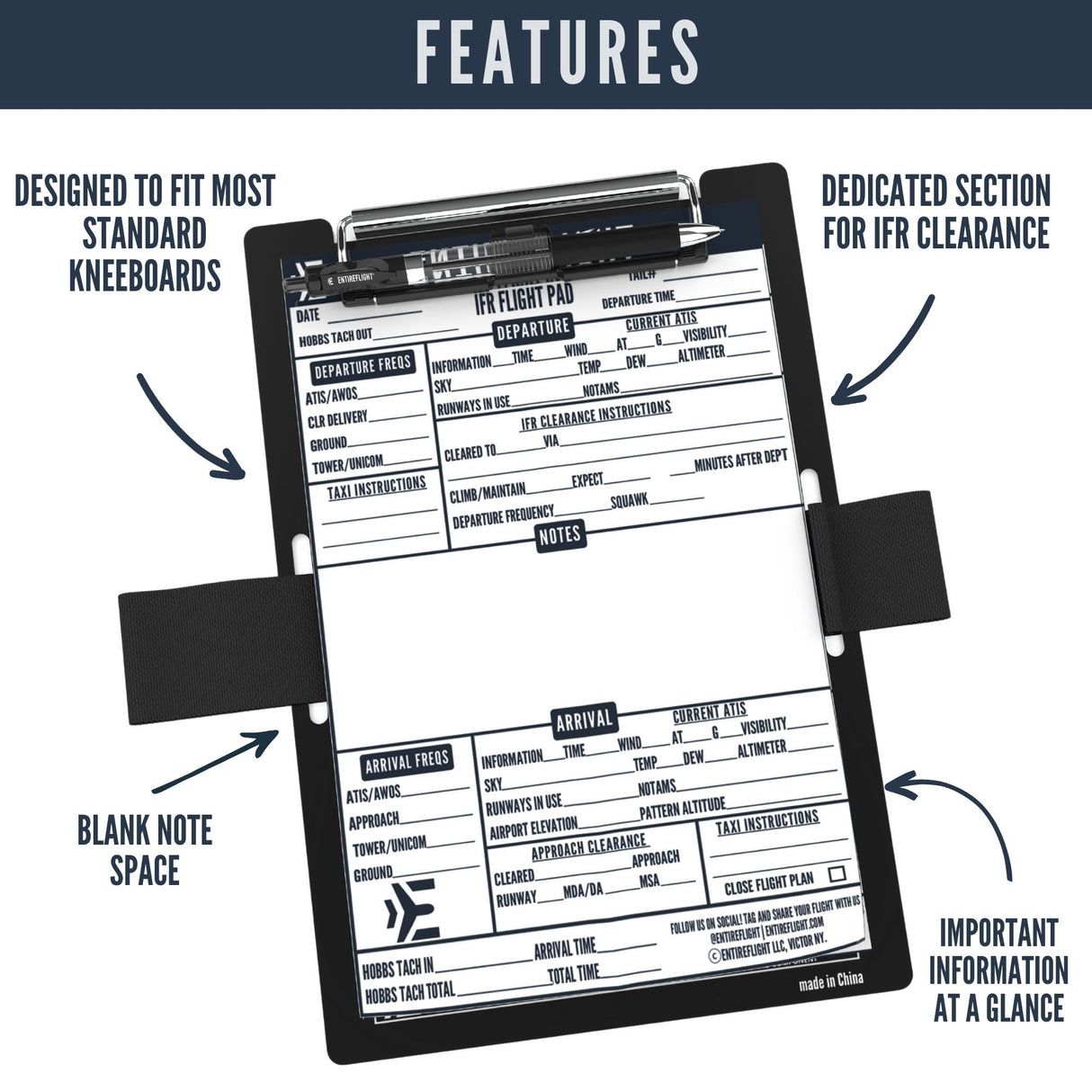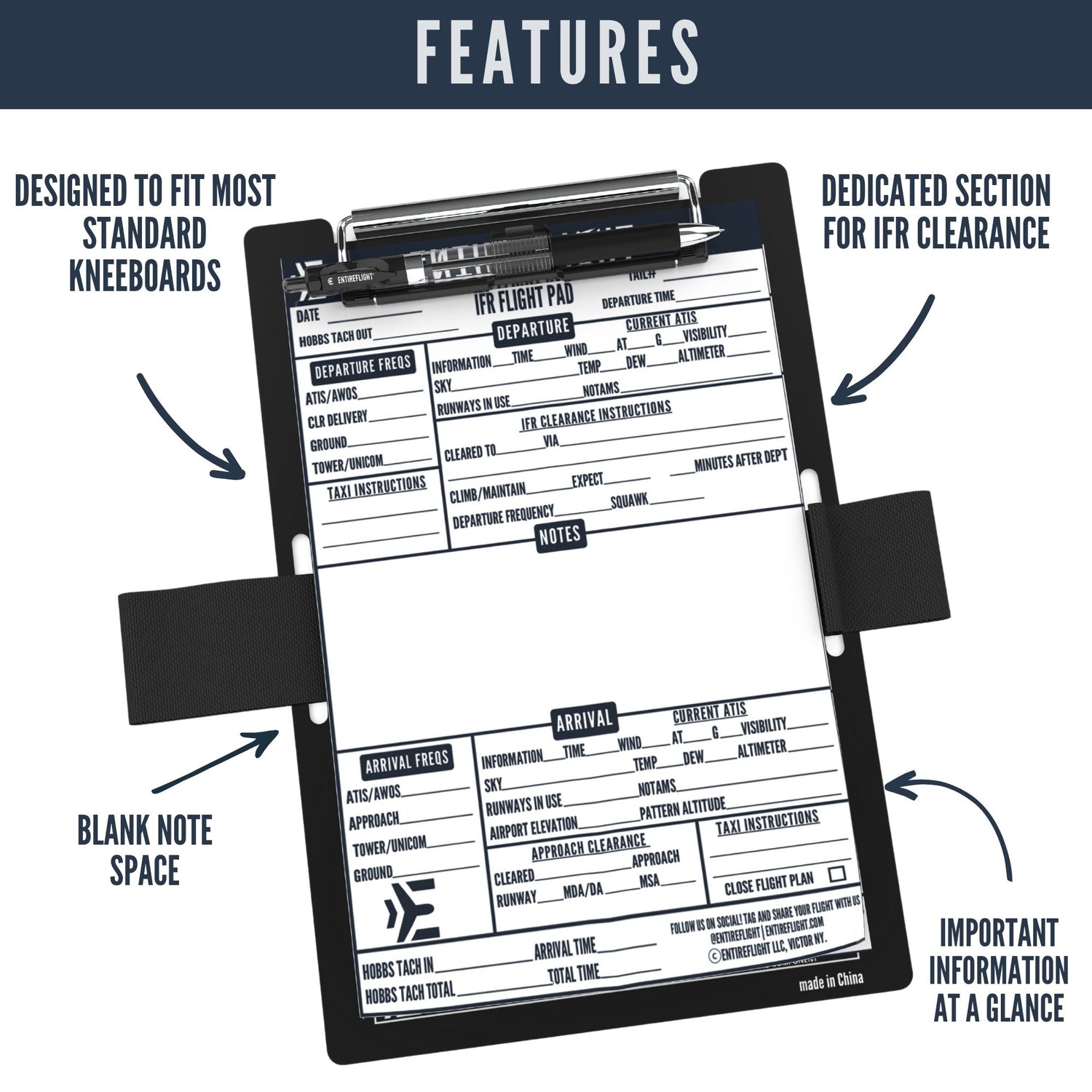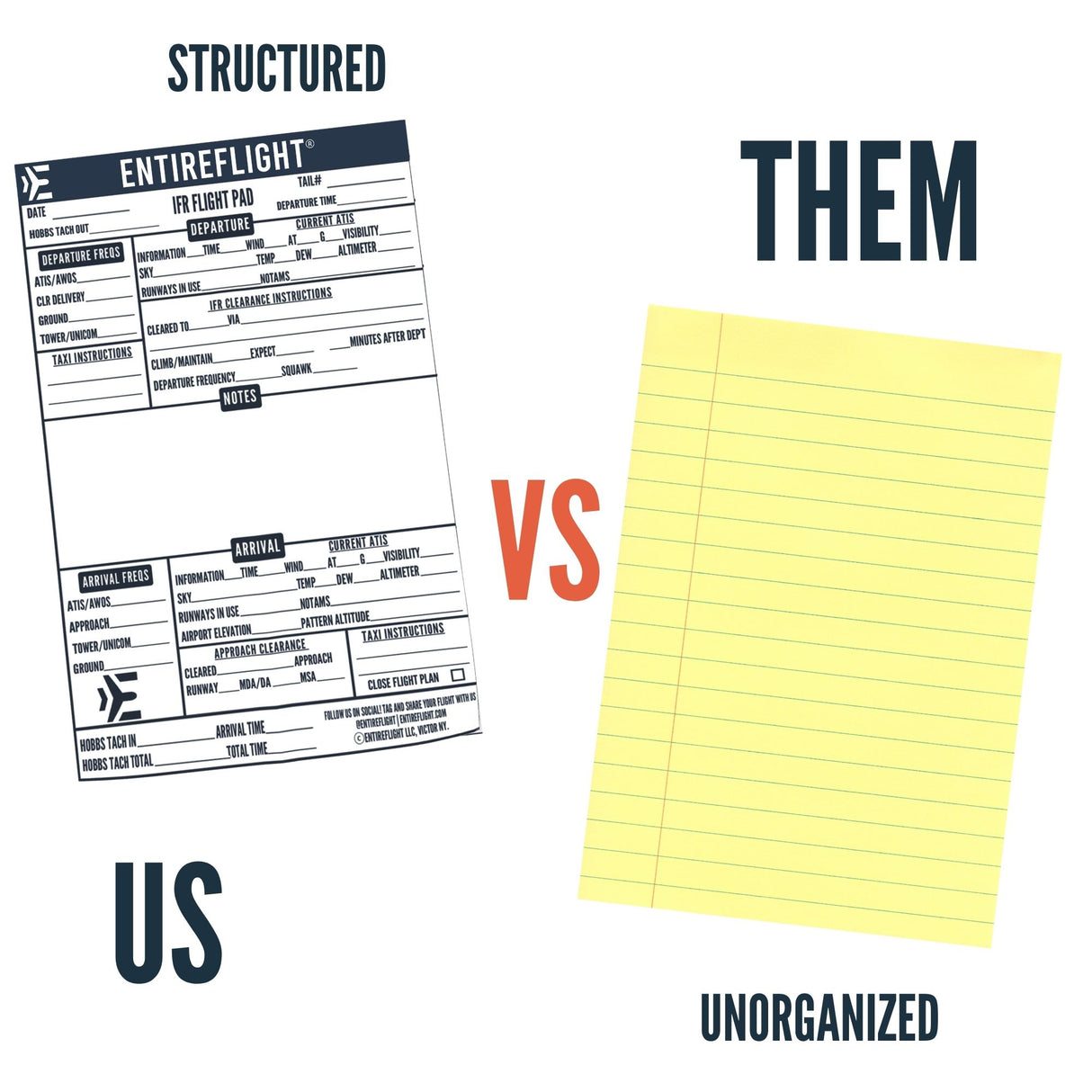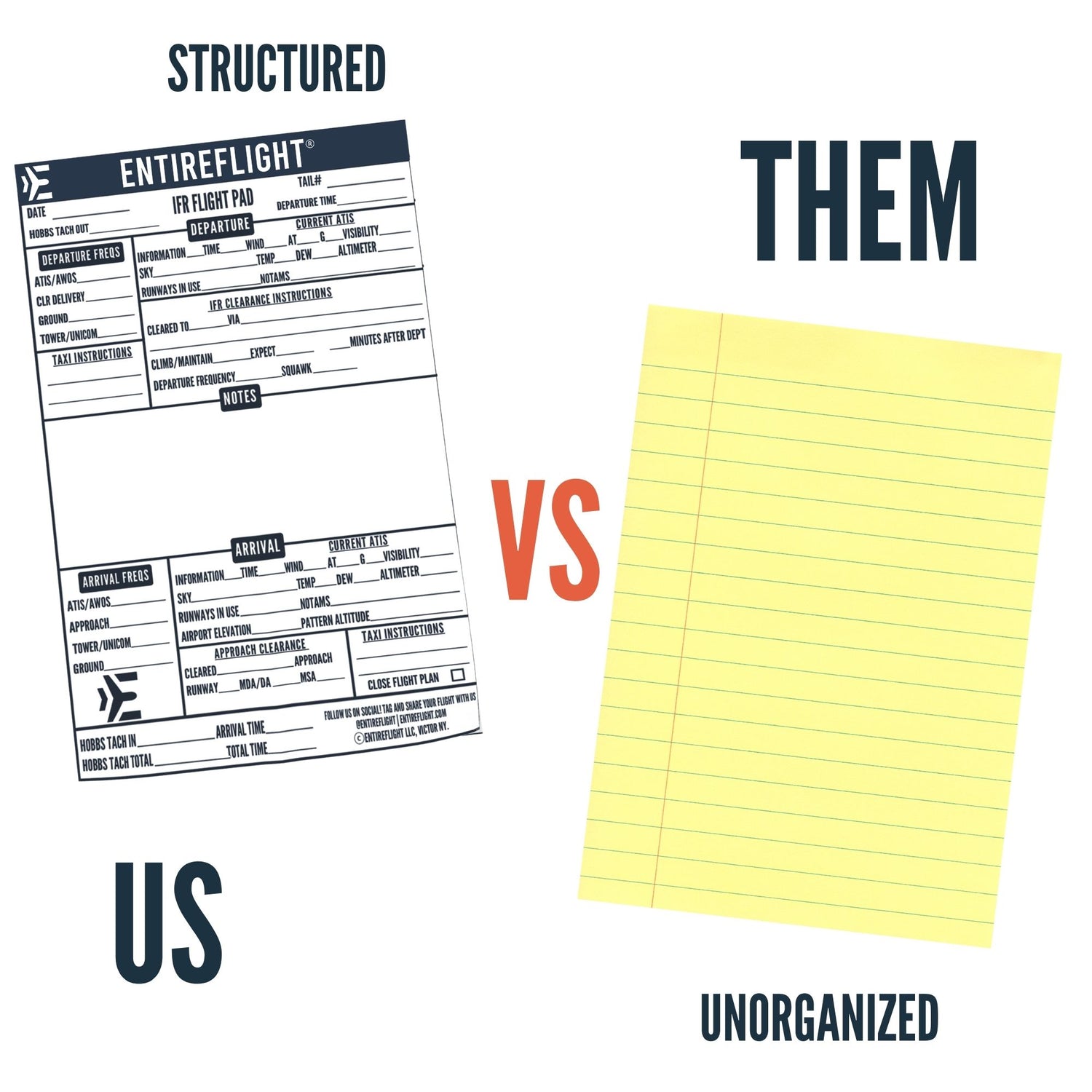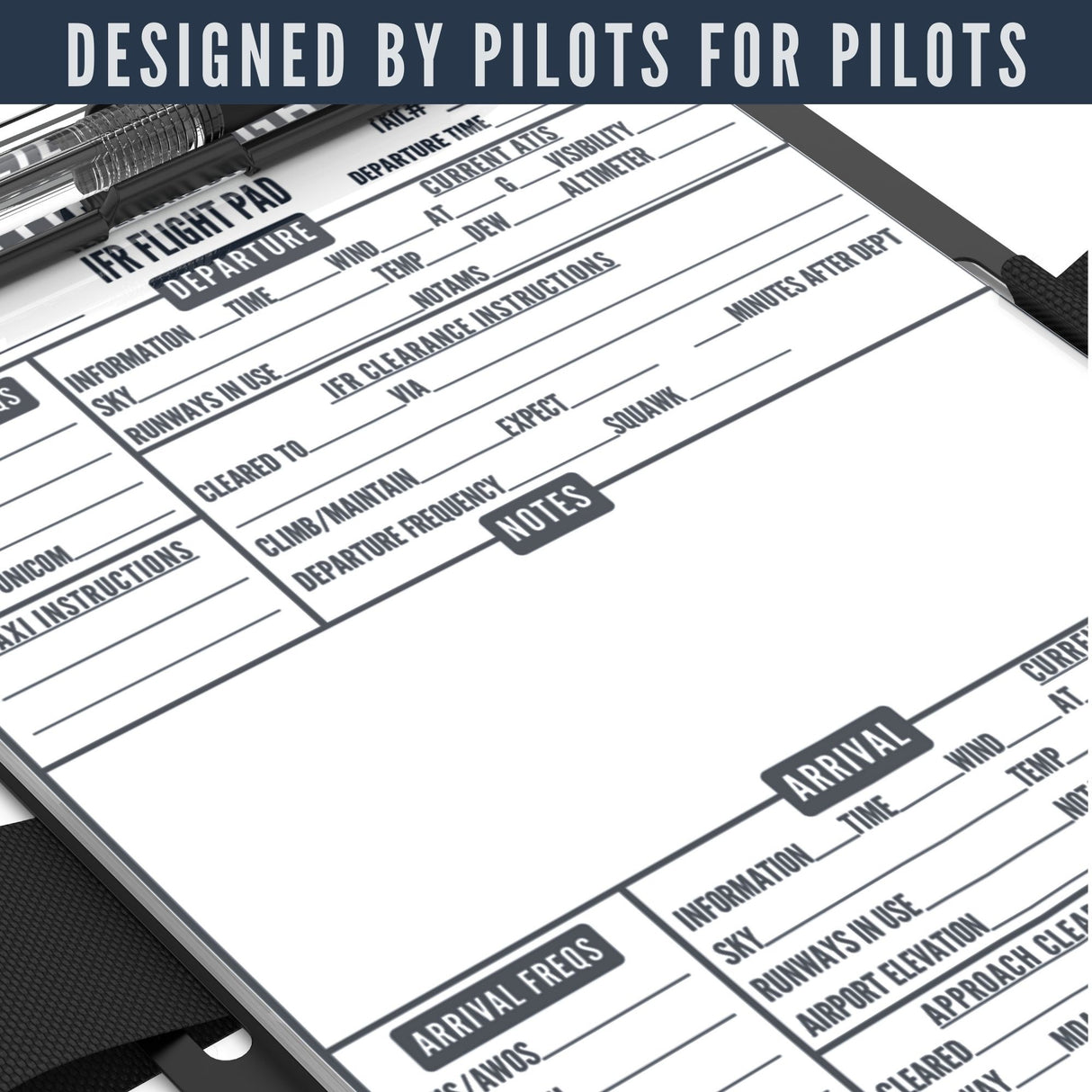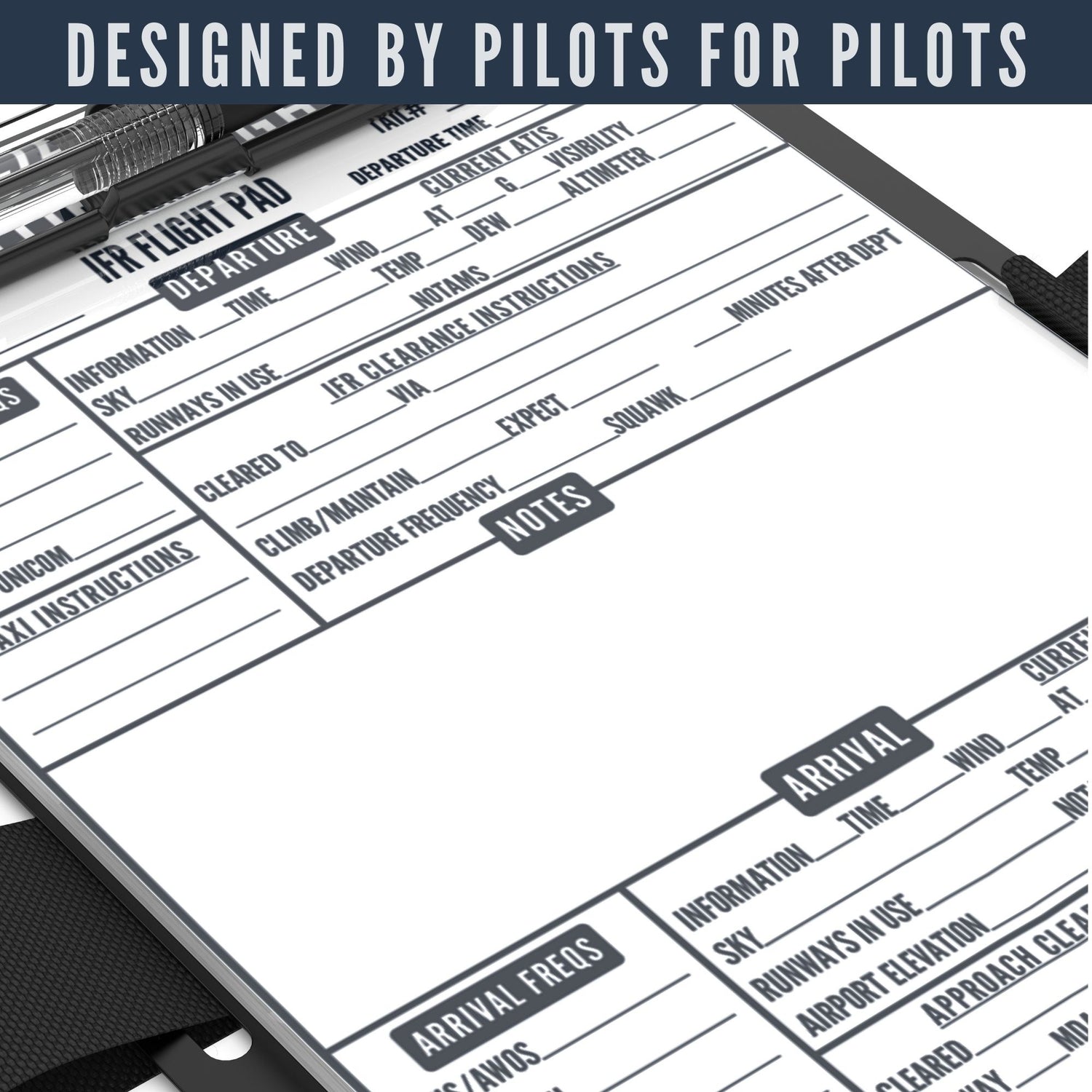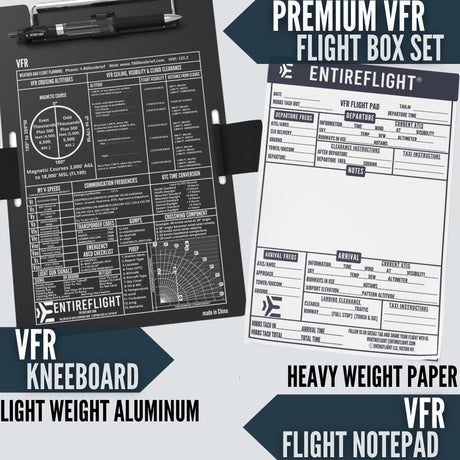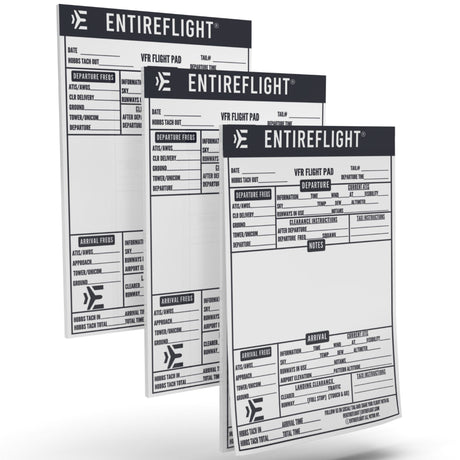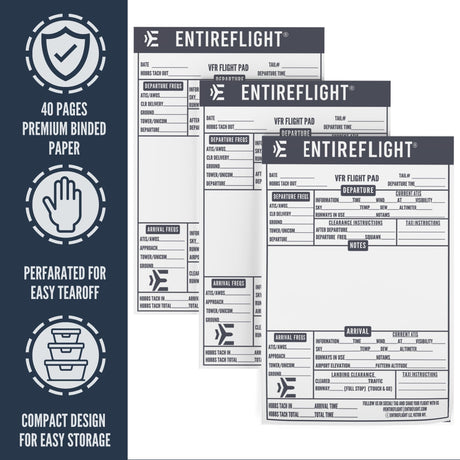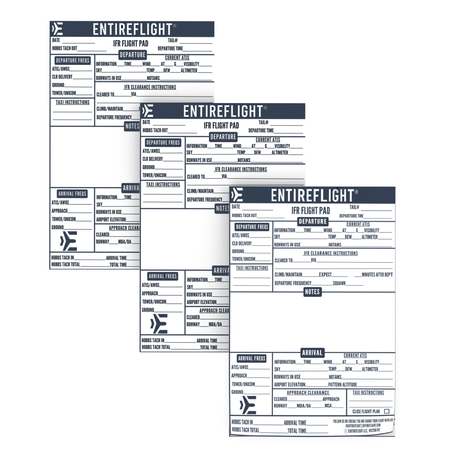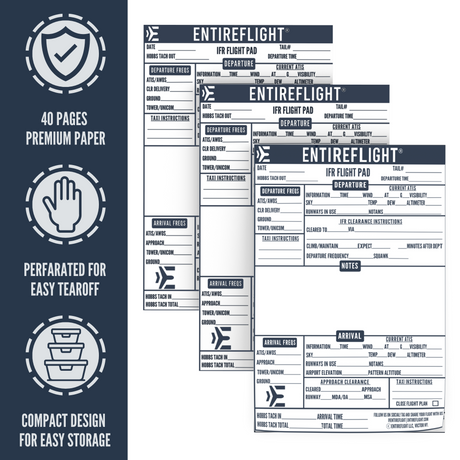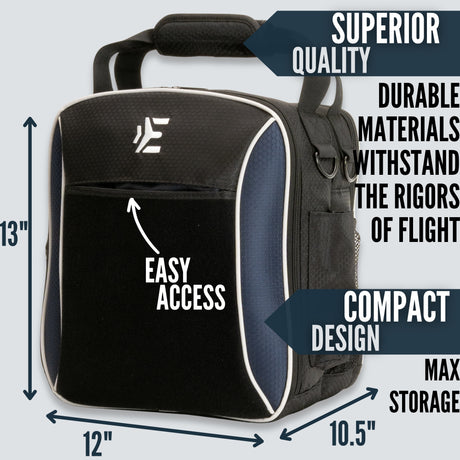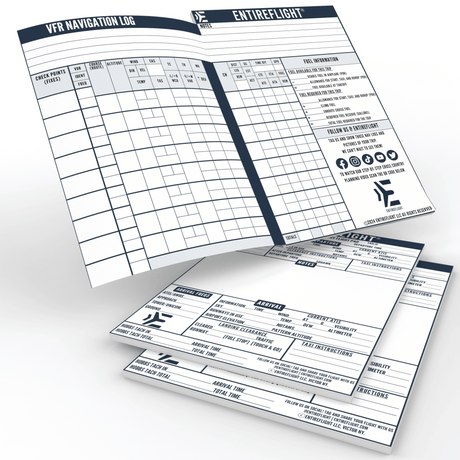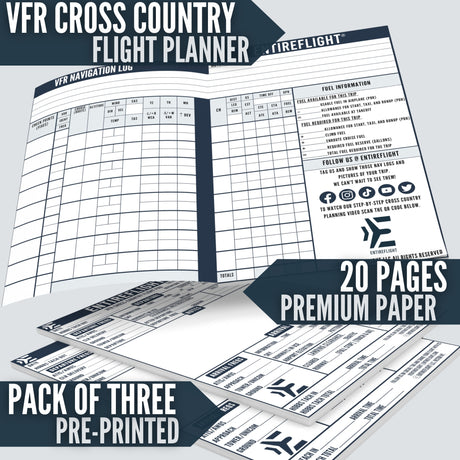If you're considering a career as a pilot, one of the biggest questions you may have is when is the best age to start. The answer to this question is not a simple one, as there are many factors to consider. However, there are some general guidelines that can help you determine when the best time to become a pilot may be for you.
First, it's important to consider the minimum age requirements for obtaining a pilot's license. In the United States, you must be at least 17 years old to obtain a private pilot's license. However, if you're looking to become a commercial pilot, you must be at least 18 years old. Keep in mind that these are just minimum age requirements, and there may be other factors that impact when you're ready to become a pilot.
Another factor to consider is your level of education and experience. While there is no specific degree required to become a pilot, many airlines prefer candidates with a bachelor's degree in aviation or a related field. Additionally, having experience in the aviation industry, such as working as a flight attendant or air traffic controller, can be beneficial when pursuing a career as a pilot. These are just a few things to consider when deciding when the best age to become a pilot may be for you.
Understanding the Role of a Pilot
As a pilot, you are responsible for flying an aircraft and ensuring the safety of all passengers and crew members on board. You are also responsible for controlling the aircraft and navigating it to its destination.
In addition to flying the aircraft, pilots are also responsible for conducting pre-flight checks, communicating with air traffic control, and making decisions during the flight based on weather conditions and other factors.
Pilots may also have specific missions to complete, such as delivering cargo or conducting search and rescue operations. These missions require careful planning and coordination with other team members.
Overall, being a pilot requires a high level of skill, knowledge, and responsibility. It is important to understand the role of a pilot and the importance of their work in ensuring safe and efficient air travel.
Minimum Age to Become a Pilot
If you're interested in becoming a pilot, one of the first things you'll need to consider is your age. The minimum age to become a pilot varies depending on the type of aircraft you want to fly and the country you're in.
In the United States, for example, you can obtain a private pilot certificate at the age of 17. However, you can start training at the age of 16. To obtain a commercial pilot certificate, you must be at least 18 years old.
Other countries may have different age requirements. For example, in Canada, you can obtain a private pilot license at the age of 17, but you must be at least 18 years old to obtain a commercial pilot license.
It's important to note that even if you meet the minimum age requirements, you may still need to meet other requirements, such as having a certain number of flight hours or passing certain exams.
In addition to meeting the minimum age requirements, it's important to consider your own personal readiness. Becoming a pilot requires a lot of hard work, dedication, and responsibility. It's important to make sure you're mentally and physically prepared for the challenges of flight training.
Overall, the minimum age to become a pilot will vary depending on your location and the type of license you want to obtain. Make sure to research the requirements in your area and talk to a flight instructor or aviation expert to determine the best path for you.
Different Types of Pilots and Their Requirements
When considering becoming a pilot, it's important to understand the different types of pilots and their requirements. Here are the four main types of pilots:
Private Pilots
Private pilots are those who fly for personal reasons, such as for leisure or to travel to a vacation destination. To become a private pilot, you must be at least 17 years old and have a minimum of 40 hours of flight time, including 20 hours of solo flight time. You must also pass a medical exam and a written exam.
Sport Pilots
Sport pilots are similar to private pilots, but they have fewer restrictions and can only fly light-sport aircraft. To become a sport pilot, you must be at least 17 years old and have a minimum of 20 hours of flight time, including 15 hours of dual instruction and 5 hours of solo flight time. You must also pass a medical exam and a written exam.
Commercial Pilots
Commercial pilots are those who fly for a living, such as for charter companies or cargo airlines. To become a commercial pilot, you must be at least 18 years old and have a minimum of 250 hours of flight time, including 100 hours of pilot-in-command time. You must also hold a private pilot license and pass a medical exam and a written exam.
Airline Transport Pilots
Airline transport pilots are the highest level of pilots and are responsible for flying commercial airliners. To become an airline transport pilot, you must be at least 23 years old and have a minimum of 1,500 hours of flight time, including 500 hours of cross-country flight time, 100 hours of night flight time, and 75 hours of instrument flight time. You must also hold a commercial pilot license, pass a medical exam and a written exam, and complete a training program.
Each type of pilot has different requirements for their license, but the basic process is the same. You must complete flight training, pass a medical exam, and pass a written exam. With dedication and hard work, you can become a pilot at any age.
Training and Certification Process
Becoming a pilot requires a significant amount of training and certification. Here are the main steps you will need to take:
Flight School
The first step is to attend a flight school. Flight schools offer both ground school and flight training, which are both required to become a pilot. During ground school, you will learn aeronautical knowledge, including the principles of flight, navigation, weather, and regulations. Flight training will teach you how to operate an aircraft.
Ground School
Ground school is an essential part of pilot training. It covers aeronautical knowledge, including the principles of flight, navigation, weather, and regulations. You will learn about the different types of aircraft, their systems, and how to operate them. Ground school is typically done in a classroom setting, but it can also be done online.
Flight Training
Flight training is the practical component of pilot training. You will learn how to operate an aircraft, including takeoff, landing, and emergency procedures. Flight training is typically done in a small aircraft with a certified flight instructor.
Flight Instruction
Flight instruction is the process of learning how to operate an aircraft with a certified flight instructor. The instructor will teach you how to fly the aircraft safely and will provide guidance and feedback throughout the training process.
Medical Exam
Before you can become a pilot, you will need to pass a medical exam. The medical exam ensures that you are physically fit to operate an aircraft. You will need to obtain a medical certificate or certification from a designated aviation medical examiner.
Overall, becoming a pilot requires a significant amount of training and certification. It is important to choose a reputable flight school and certified flight instructor to ensure that you receive the best training possible.
Experience and Skills Required
Becoming a pilot requires a significant amount of experience, effort, and hard work. You must have excellent communication and problem-solving skills, as well as the ability to remain calm and focused under pressure.
To become a pilot, you must have a thorough understanding of navigation and aircraft systems. You will need to be able to read and interpret charts, maps, and other flight-related documents. Additionally, you must be able to operate and maintain various aircraft systems, including engines, avionics, and other critical components.
To acquire the necessary skills and experience, you will need to complete a rigorous training program that includes both ground and flight instruction. This training can take anywhere from six months to several years, depending on the type of pilot you want to become.
During your training, you will learn how to operate and fly a variety of aircraft, from small single-engine planes to large commercial jets. You will also learn how to navigate using various instruments and systems, and how to communicate with air traffic control and other pilots.
Becoming a pilot requires a significant investment of time and money, but the rewards can be great. If you are passionate about flying and willing to put in the effort required, you can become a skilled and knowledgeable pilot capable of safely operating aircraft in a variety of conditions.
Financial Considerations
Becoming a pilot can be an expensive endeavor, and it's important to consider the financial implications before embarking on this career path. Here are some financial considerations to keep in mind:
Cost of Flying Lessons
The cost of flying lessons can vary widely depending on the location and the type of aircraft being used. On average, you can expect to pay between $100 and $200 per hour for flight instruction. The total cost of obtaining a private pilot's license can range from $10,000 to $15,000. If you're planning on pursuing a commercial pilot's license, the cost can exceed $75,000.
Financing Options
If you're unable to pay for flight training upfront, there are financing options available. Many flight schools offer financing programs that allow you to pay for your training over time. You may also be able to obtain a personal loan or use a credit card to finance your flight training.
Scholarships
There are many scholarships available to help offset the cost of flight training. These scholarships are often offered by aviation organizations, private foundations, and government agencies. You can search for aviation scholarships online or speak with your flight school to learn more about available options.
Return on Investment
While becoming a pilot can be expensive, it's important to consider the potential return on investment. According to the Bureau of Labor Statistics, the median annual wage for airline pilots, copilots, and flight engineers was $147,220 in May 2022. This means that the financial investment in flight training can potentially pay off in the long run.
Overall, it's important to carefully consider the financial implications of becoming a pilot before committing to this career path. By doing your research and exploring financing and scholarship options, you can make an informed decision about whether becoming a pilot is the right choice for you.
Career Opportunities and Progression
As a pilot, you have a variety of career opportunities available to you. Once you have gained experience as a first officer, you can progress to become a captain. Captains are responsible for the safety of the aircraft, crew, and passengers. They are also responsible for making decisions during emergencies.
If you are interested in a career in aviation, becoming a pilot can be a great option. There is a high demand for pilots, and this demand is expected to continue to grow in the coming years. As a pilot, you can work for regional or major airlines, or you can work as a corporate pilot.
If you are considering a career change, becoming a pilot can be a great option. Many pilots come from other careers, such as the military, engineering, or business. However, it is important to note that becoming a pilot requires a significant investment of time and money.
When it comes to job opportunities, the aviation industry is highly competitive. However, if you are willing to put in the time and effort required to become a pilot, there are many job opportunities available. In addition, pilots are well-compensated for their work.
Health and Physical Requirements
Becoming a pilot requires good health and physical fitness. You will need to pass a medical examination to obtain a pilot's license. The medical requirements vary depending on the type of license you are seeking.
Medical Requirements
The Federal Aviation Administration (FAA) requires pilots to hold a valid medical certificate. The medical certificate is issued after a medical examination by an FAA-approved medical examiner. The medical certificate is valid for different periods depending on the age of the pilot and the type of license they hold.
The medical examination includes a review of your medical history, a physical examination, and a vision test. The medical examiner will evaluate your overall health to ensure that you are fit to fly.
Color Vision
Color vision is an important requirement for pilots. Pilots must be able to distinguish between different colors, especially the colors of runway lights, navigation lights, and other signals. The FAA requires that pilots have normal color vision.
If you have a color vision deficiency, you may still be eligible for a pilot's license with certain restrictions. You may need to pass a specialized color vision test to demonstrate that you can distinguish between the necessary colors.
Retirement and Age Limit
When considering a career as a pilot, it's important to take into account the retirement age and age limits set by airlines and regulatory bodies.
Most airlines have a mandatory retirement age of 65, which means that pilots must retire at this age regardless of their health or experience. This regulation is in place to ensure the safety of passengers and crew, as older pilots may experience a decline in physical and cognitive abilities.
In addition to retirement age, airlines also have age limits for new hires. These age limits vary by airline and country, but typically range from 18 to 35 years old. This is because airlines prefer to hire younger pilots who have more years left in their career and can adapt to new technologies and procedures.
It's important to note that age limits are not set in stone and can vary depending on the individual's qualifications and experience. For example, military pilots or those with extensive flight experience may be exempt from age limits.
If you're considering a career as a pilot, it's important to research the retirement age and age limits of the airlines you're interested in. This will help you plan your career path and ensure that you're able to meet the requirements for your desired position.
Other Considerations
Aside from age, there are other important factors to consider when deciding if becoming a pilot is right for you.
Hobby and Personal Enjoyment
If you are considering becoming a pilot as a hobby or for personal enjoyment, then age may not be as big of a concern. However, keep in mind that flying can be an expensive hobby, so you may want to consider your budget and financial situation before pursuing it.
Eligibility
Before you can become a pilot, you need to meet certain eligibility requirements, such as having a certain level of physical fitness and passing various tests and exams. Make sure to research these requirements before committing to becoming a pilot.
Student Pilot
If you are considering becoming a student pilot, keep in mind that you will need to be at least 16 years old to solo and 17 years old to obtain your private pilot certificate. Additionally, you will need to complete a certain number of flight hours and pass various exams before obtaining your certificate.
Passengers and Multiple Passengers
If you plan on flying with passengers or multiple passengers, you will need to consider their safety and comfort. Make sure to thoroughly research and understand the regulations and guidelines for flying with passengers.
Airspace
Different types of airspace have different regulations and requirements for pilots. Make sure to understand the airspace you will be flying in and the regulations and requirements that apply to you.
Overall, becoming a pilot can be a rewarding and exciting experience, but it is important to carefully consider all factors before committing to it.
Special Cases and Exceptions
When it comes to the best age to become a pilot, there are some special cases and exceptions that need to be considered. Here are a few scenarios where age may not be the most important factor:
Helicopters and Gliders
If you're interested in flying helicopters or gliders, you may be able to start at a younger age than for other types of aircraft. In the United States, you can obtain a student pilot certificate for gliders at age 14 and for helicopters at age 16. However, keep in mind that these certificates have limitations and you'll need to be at least 17 years old to obtain a private pilot license for these aircraft.
Balloons
Ballooning is a unique type of flying that doesn't require a pilot's license. However, you do need to be at least 16 years old to fly a balloon solo in the United States. If you're under 16, you can still fly with an instructor or a licensed pilot.
Light Sport Aircraft
If you're interested in flying light sport aircraft, you may be able to start at a younger age than for other types of aircraft. In the United States, you can obtain a sport pilot certificate for these aircraft at age 17. This certificate has limitations, such as a maximum of one passenger and a maximum altitude of 10,000 feet.
Overall, while age is an important factor to consider when becoming a pilot, it's not the only factor. In some cases, such as for helicopters, gliders, balloons, and light sport aircraft, there are exceptions to the general age requirements. It's important to research the specific requirements for the type of aircraft you're interested in flying and to consult with a flight instructor or aviation professional for guidance.
Frequently Asked Questions
1 - What are the different types of pilot licenses available?
There are several types of pilot licenses available, including private pilot license, commercial pilot license, airline transport pilot license, and recreational pilot license. Each license has its own set of requirements and privileges.
2 - Can someone as young as 13 take flying lessons?
Yes, you can start taking flying lessons as young as 13, but you cannot get a pilot's license until you are at least 17 years old.
3 - What is the average age of student pilots?
The average age of student pilots varies, but most people start training in their late teens or early twenties. However, there is no age limit for learning to fly.
4 - What are the costs associated with becoming a pilot?
The costs associated with becoming a pilot can vary depending on the type of license you want to obtain, the flight school you choose, and the location. On average, it can cost anywhere from $5,000 to $100,000 to become a pilot.
5 - What is the process to become an airline pilot?
To become an airline pilot, you need to obtain a commercial pilot license and accumulate a certain number of flight hours. You also need to pass medical and psychological exams, as well as written and practical tests.
6 - Is there an age limit to become an airline pilot?
There is no age limit to become an airline pilot, but most airlines require pilots to retire at the age of 65.

